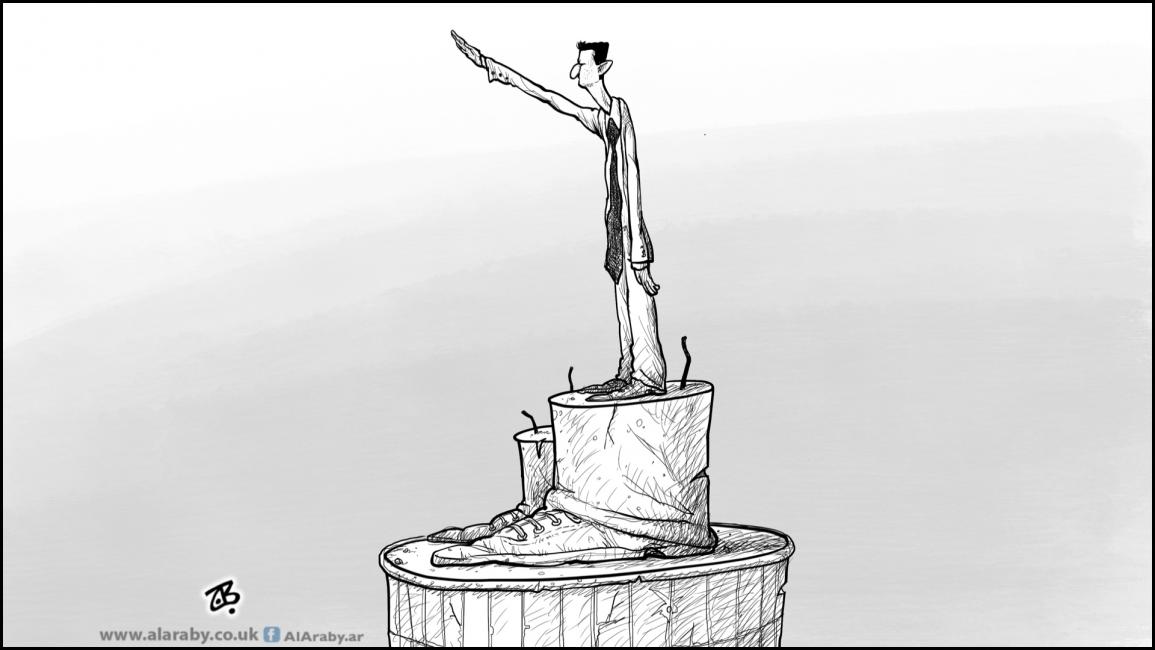Syrian President Bashar al-Assad is actively working to distance himself from Iran’s influence, seeking to isolate himself from regional events and pave the way for reconciliation with neighbouring countries, including former opposition supporters like Turkey. Turkish Foreign Minister Hakan Fidan has expressed Ankara’s willingness to transition from supporting the opposition to mediating between them and the Assad regime.
Assad’s shift comes as he recognizes the extent of Iran’s presence in Syria, beyond mere financial debt. Tehran’s “moral” intervention, as described by former Iranian Foreign Minister Hossein Amir-Abdollahian, exposes the true nature of Iran’s regional ambitions, posing a significant threat to Syria’s stability. Meanwhile, explicit Israeli threats to target Iranian arms in the region have raised concerns about Syria’s potential entanglement in a broader conflict.
As Tehran increases pressure on Damascus to resist Turkish withdrawal from Syria, Assad continues to maneuver and procrastinate. His recent statements, such as during the Syrian parliamentary elections, reveal a sharp shift in his position, acknowledging international law requirements for restoring relations with Turkey.
Assad’s isolation is evident, as he faces conflicting pressures from Iran and Russia, which seeks regional stability aligned with its strategic interests. A recent surprise visit to Moscow, without an official agenda or entourage, highlighted Assad’s diminished political stature, underscoring his precarious position.
With his name on the International Criminal Court’s wanted list for using chemical weapons, Assad’s options are narrowing, forcing him to navigate this treacherous political landscape with caution.
A futile search for solutions
The Syrian conflict’s entrenched “devils” are determined to maintain their presence, while President Assad has lost the initiative and empowerment. Iran is circumventing Assad’s procrastination through soft power, as seen in the “Sham List” candidates’ sweep of the parliamentary elections. Meanwhile, Turkish Defense Minister Yasar Guler ties his government’s withdrawal from Syria to a comprehensive political solution.
Russia and the US have also entrenched their positions, with no plans for withdrawal. The Syrian crisis seems intractable, with any proposed solutions appearing overly optimistic. Turkish writer Serhan Erkman suggests that 2024 may bring changes to the relative calm, leading to new dynamics.
However, the fundamental question remains: Will Syrians awaken to a different reality, one that acknowledges Assad’s failure to grasp political possibilities and salvage what’s left of Syria? Assad’s superficial approach, oscillating between pitfalls and historic failures, reflects the chronic decay of the “Assad forever” mindset – a combative and lethal political obstinacy.
The situation demands a radical shift in perspective, recognizing the need for a comprehensive solution that addresses the complex web of interests and influences at play. Until then, the Syrian crisis will continue to simmer, with no end in sight.
This article was translated and edited by The Syrian Observer. The Syrian Observer has not verified the content of this story. Responsibility for the information and views set out in this article lies entirely with the author.


